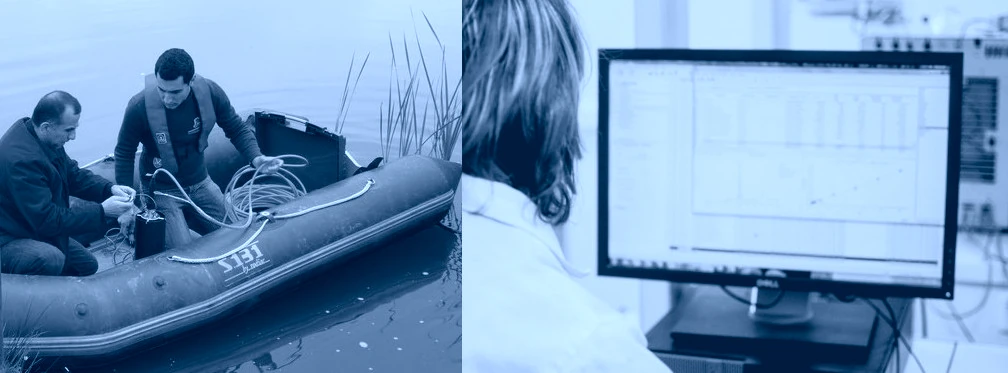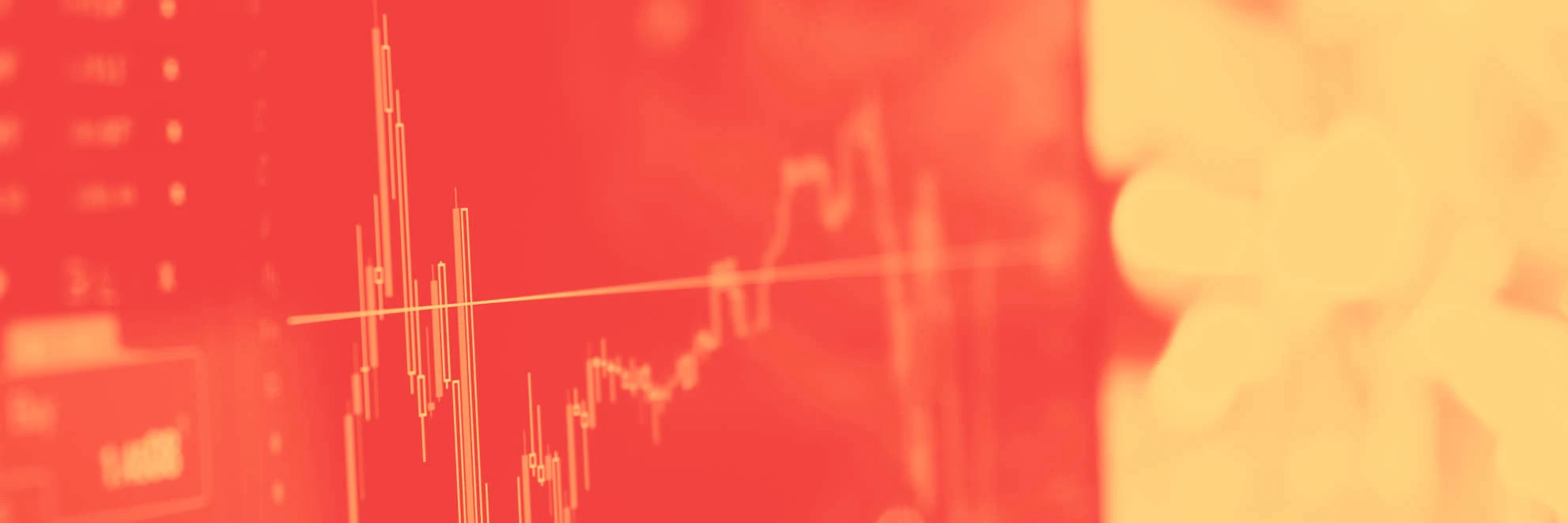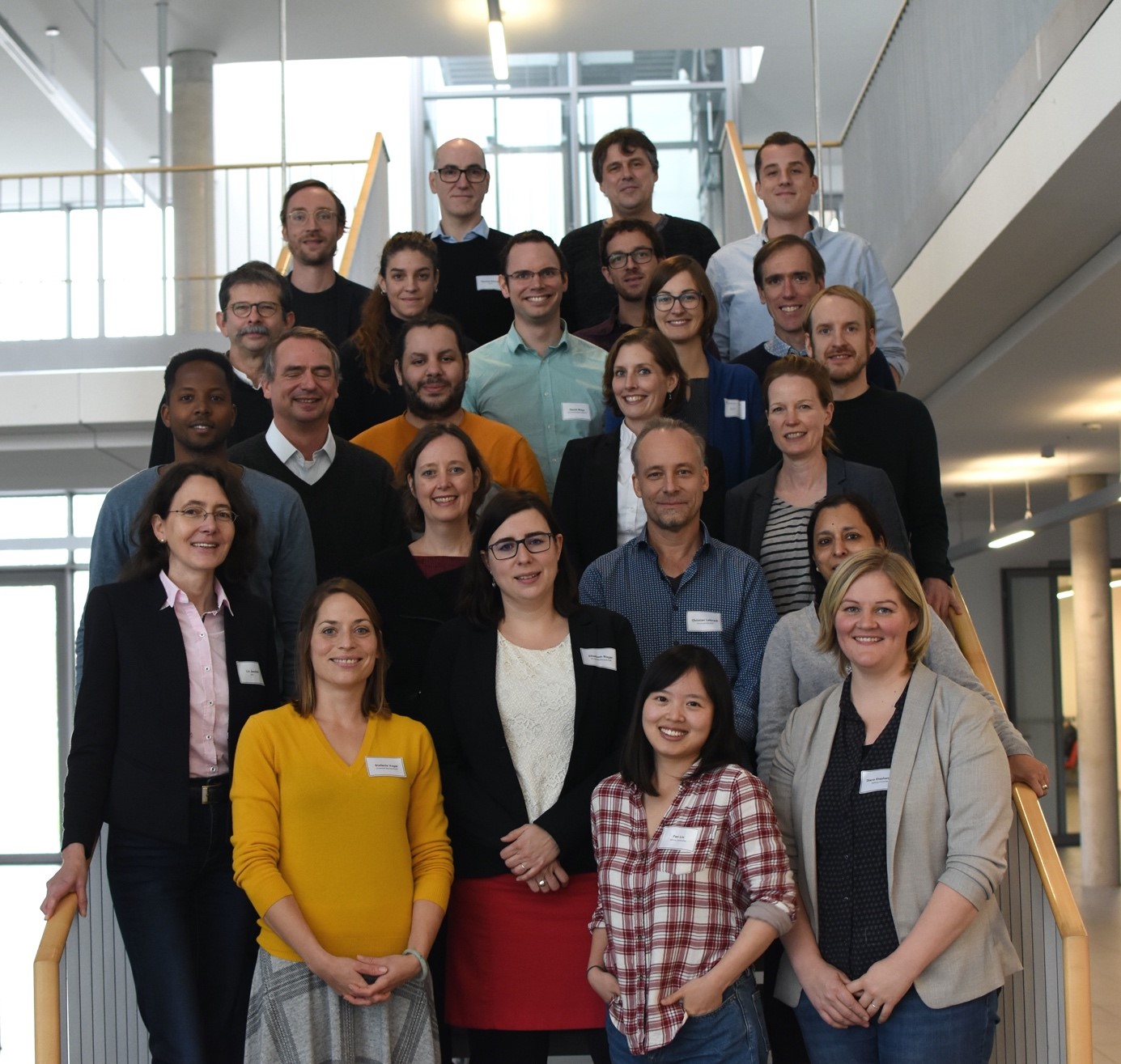Microplastics in rivers and lakes: Leesu involved in a Europe-wide research project on microplastics
Rachid Dris and Bruno Tassin participated between 25 and 27 November 2019 to the official go-ahead of the Limnoplast EU research and training project on the distribution of microplastics in European rivers and lakes, at the University of Bayreuth.
This “Innovative Training Network (ITN)”, is funded for four years to the tune of almost €4.1 million by the EU out of its "Horizon 2020" programme in the framework of the Marie Skłodowska Curie measures. Between 25 and 27 November 2019, the international project partners discussed the next steps in the project on the Bayreuth campus. It is supported by 13 universities, research institutions and partners from industry from eight European countries, and coordinated by Prof. Dr. Christian Laforsch of the University of Bayreuth.
The Limnoplast team at Bayreuth University (26 November 2019) @ LimnoPlast
Microscopically small plastic waste, also known as microplastics, is a challenge for freshwater ecosystems around the globe. However, it is still largely unknown where the particles come from, and how they enter rivers and lakes. Similarly, there is still no comprehensive research into how microplastic particles in the environment affect humans or animals, let alone entire ecosystems. The new EU project with the abbreviated name "LimnoPlast" therefore aims to approach the topic of "microplastics in freshwater ecosystems" from a holistic perspective.
Over the next few years, fifteen interdisciplinary doctoral students from the fields of polymer- and engineering science; toxicology and ecology; environmental-, social-, and legal sciences, and psychology will be able to use their research work to answer central questions about the origin, distribution, and effects of microplastics in freshwater systems and based on this knowledge develop solutions to the microplastic challenge. Exemplary case studies will explore the freshwater ecosystems around the three urban areas of Aarhus, Amsterdam and Paris. Two of these doctoral students will join Leesu in May 2020.
"LimnoPlast" is the first European project to systematically network natural, environmental, technical, and social sciences in the field of microplastic research.
Besides the 13 European project partners directly involved in nurturing and supporting the doctoral students scientifically, a further eleven partner organisations from science and industry are involved in the project. This certainly results in a broad interdisciplinary line-up. In addition to scientific events, for example on the toxicology of microplastics, and the detection of microplastic particles in the environment, training sessions on the topic of "transferable and soft skills", and information on the numerous career opportunities associated with the work are to be offered. The companies Evonik and BASF, for example are issuing invitations to workshops in the area of "Innovation and Entrepreneurship". Meanwhile, the German Federal Institute of Hydrology, the German Federal Environment Agency, DIN-Institut (the German Institute for Standardization), and UNESCO will be presenting job opportunities in the public sector. PlasticsEurope is organising an “Industry Day” and providing information on career opportunities in the industry, while PlasticSoupFoundation will offer insights into the work of a non-governmental organisation.
Contacts
- LEESU at ENPC & UPEC
Bruno Tassin / Johnny Gasperi / Rachid Dris
Phones: + 33 667 668 234 / +33 614 997 464 / + 33 661 123 564
E-Mails: Bruno.tassin(AT)enpc.fr / gasperi(AT)u-pec.fr / Rachid.Dris(AT)enpc.fr
- Project Coordinator
Prof. Dr. Christian Laforsch, Animal Ecology I, University of Bayreuth
Phone: +49 (0) 921 / 55-2651
E-Mail: christian.laforsch(AT)uni-bayreuth.de
- Project Manager
Dr. Elisabeth Rieger
Phone: +49 (0) 89 / 189 4168 35
E-Mail: rieger(AT)chemiecluster-bayern.de

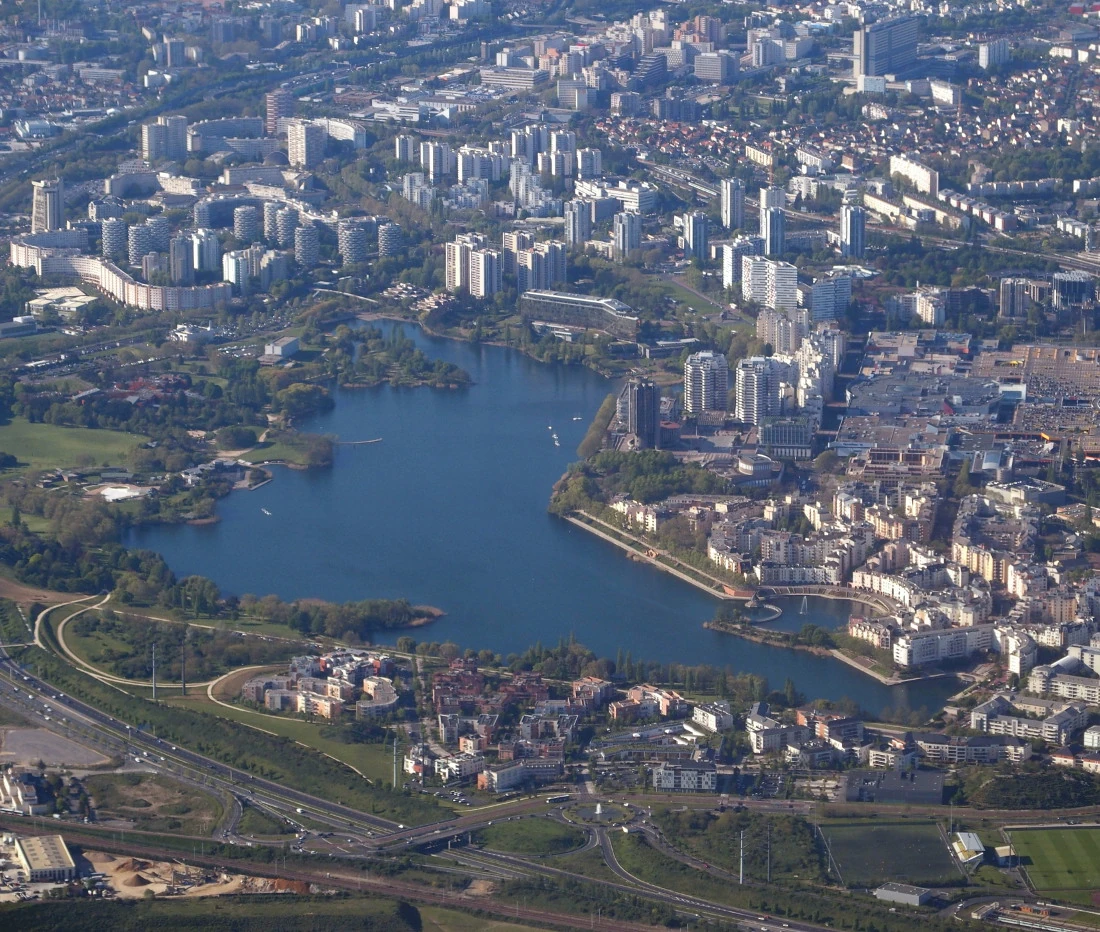
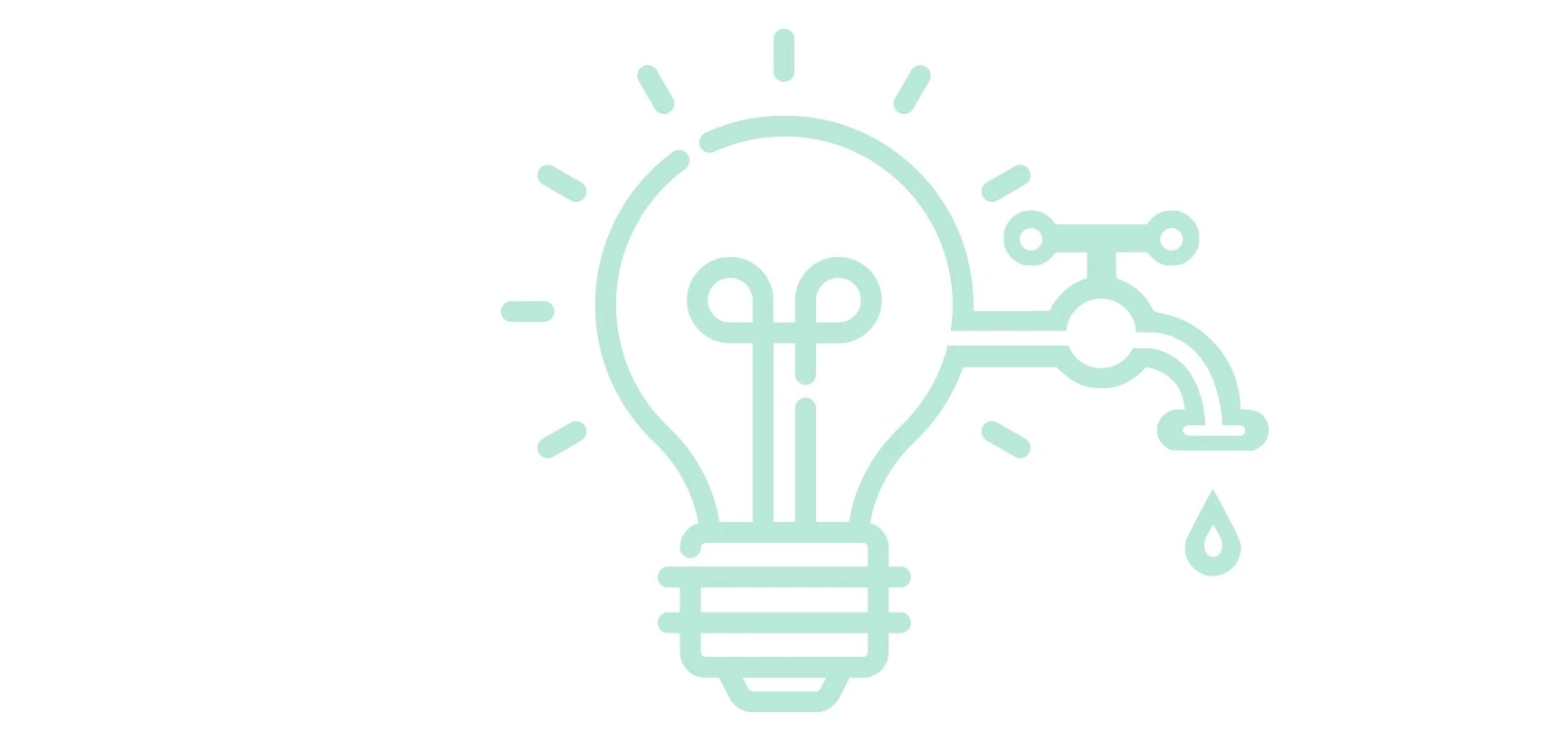
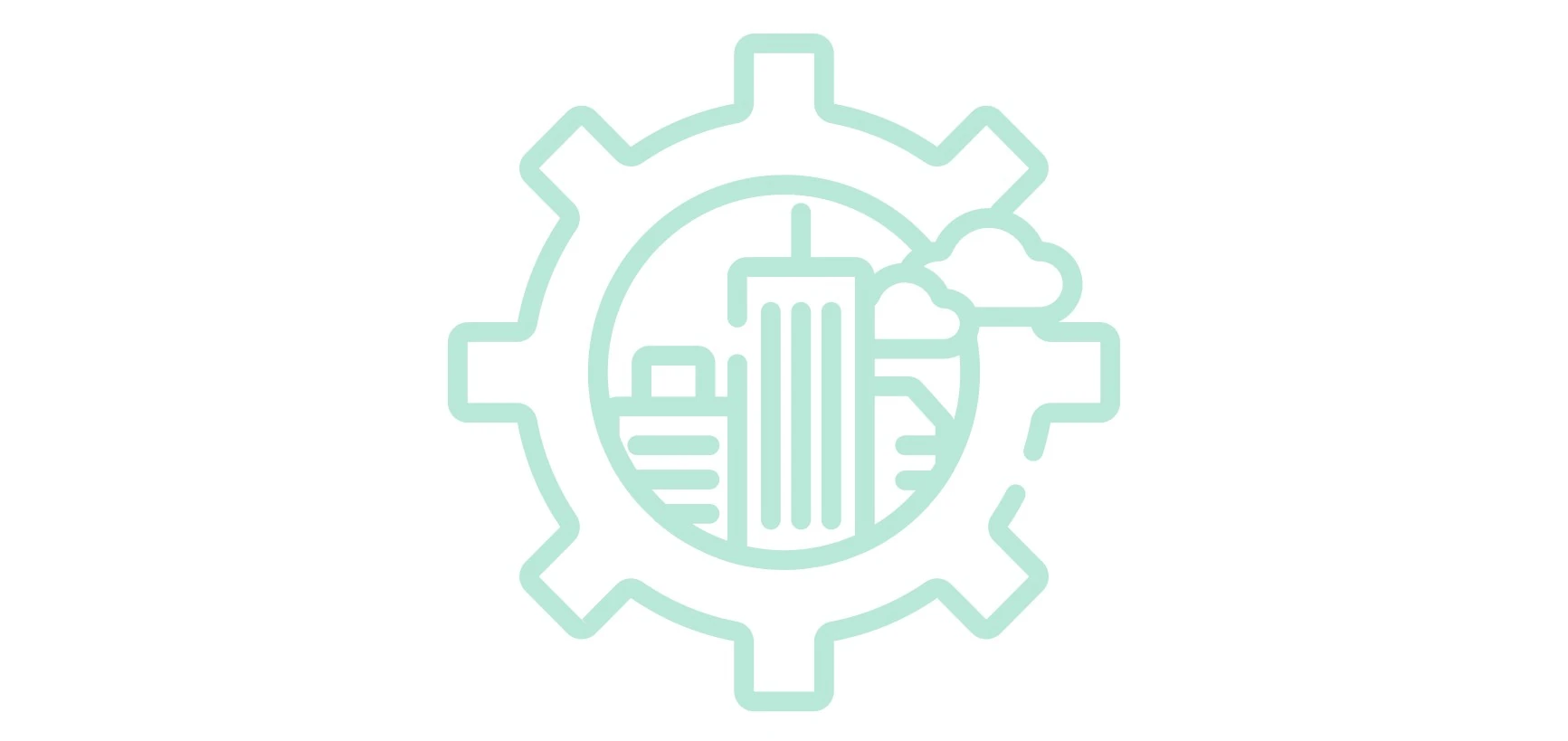
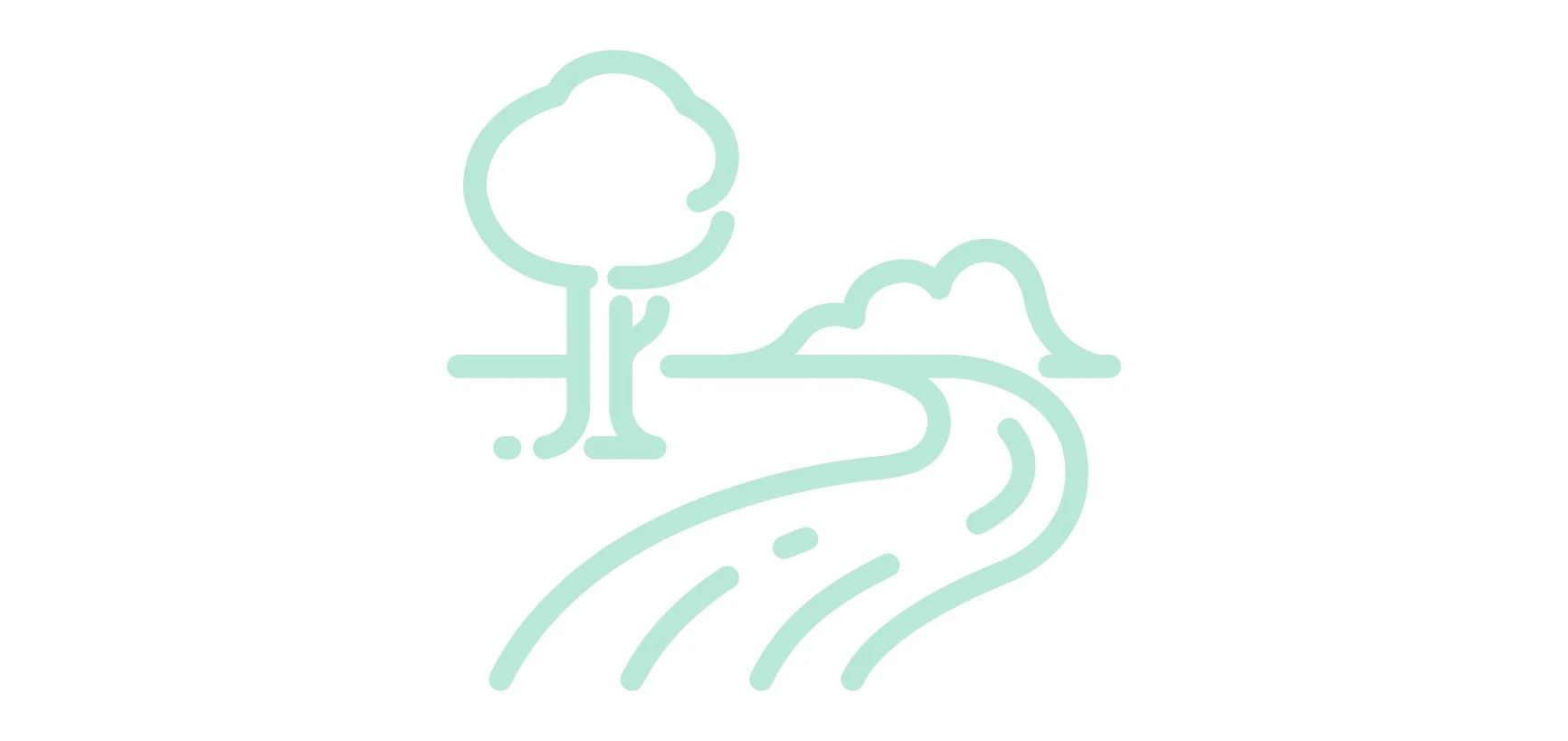
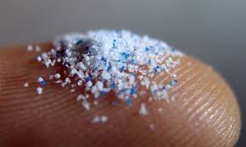
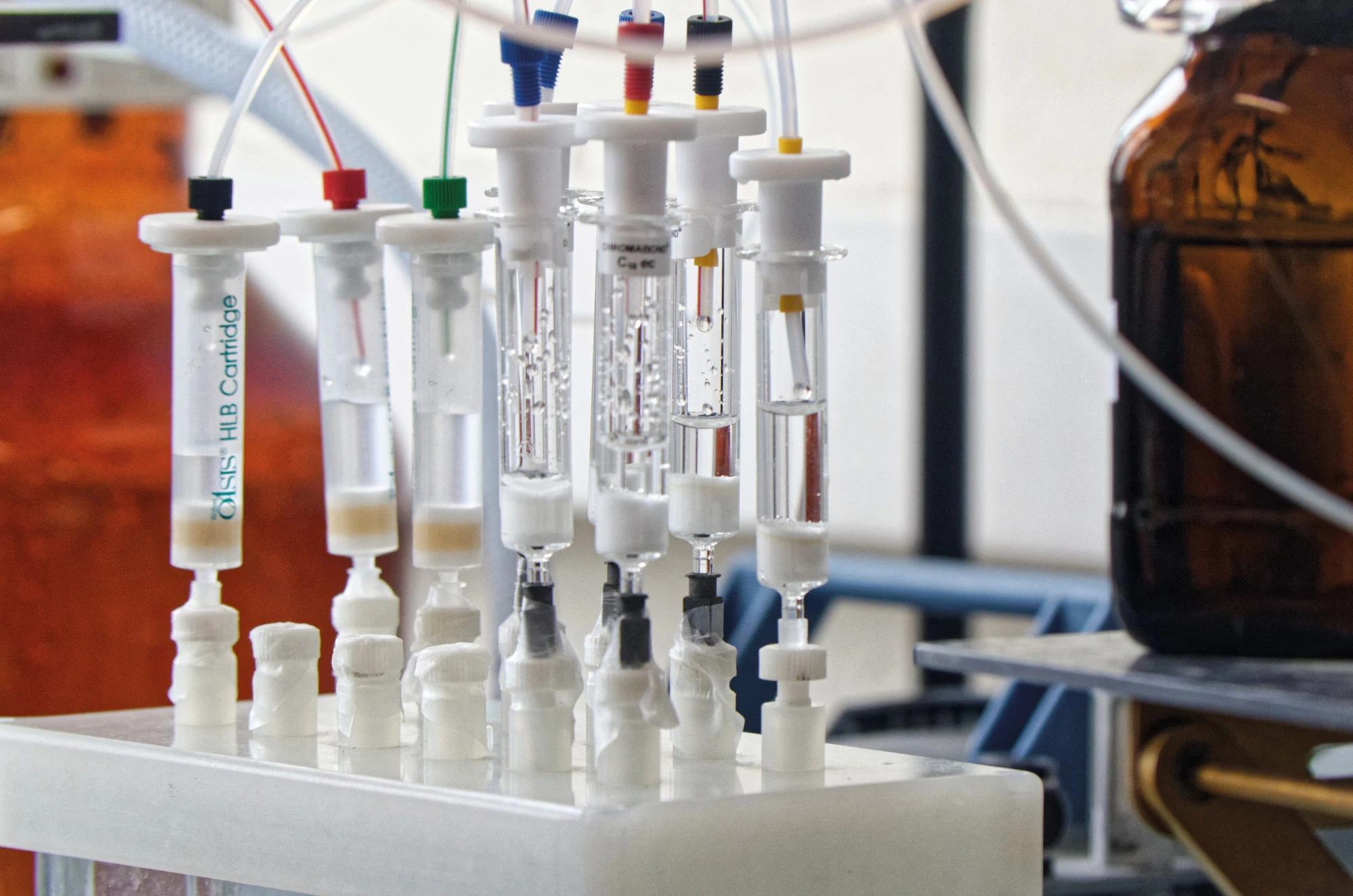
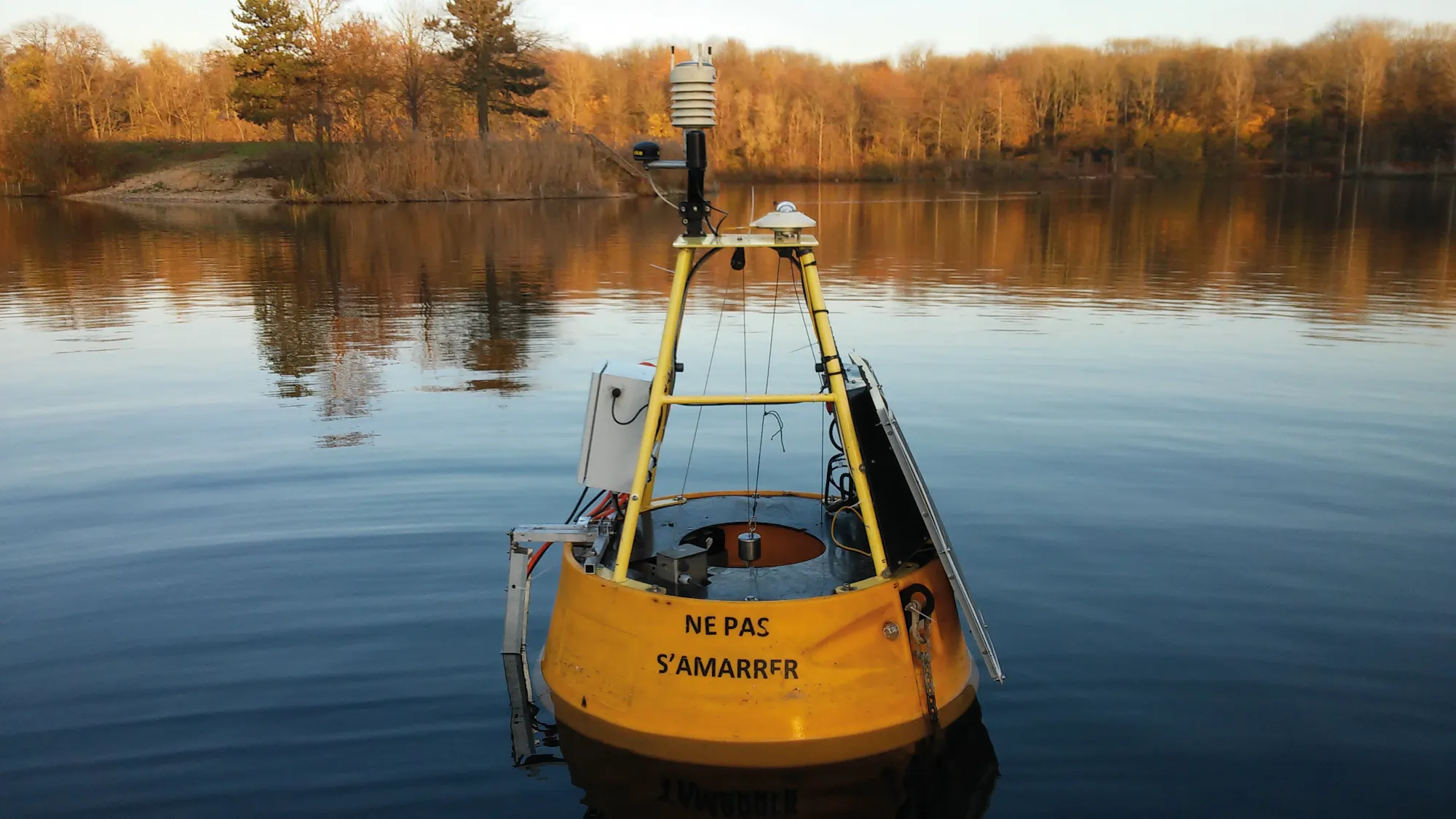
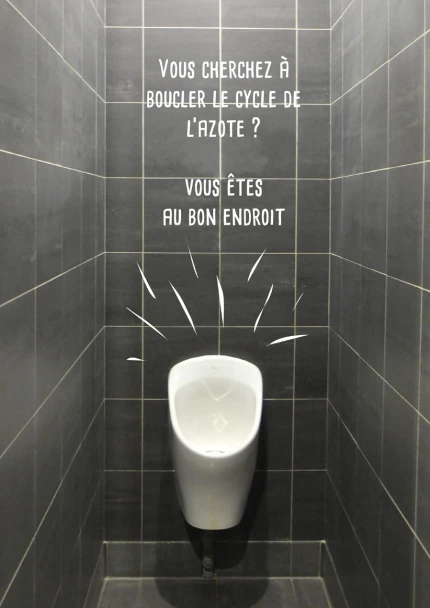
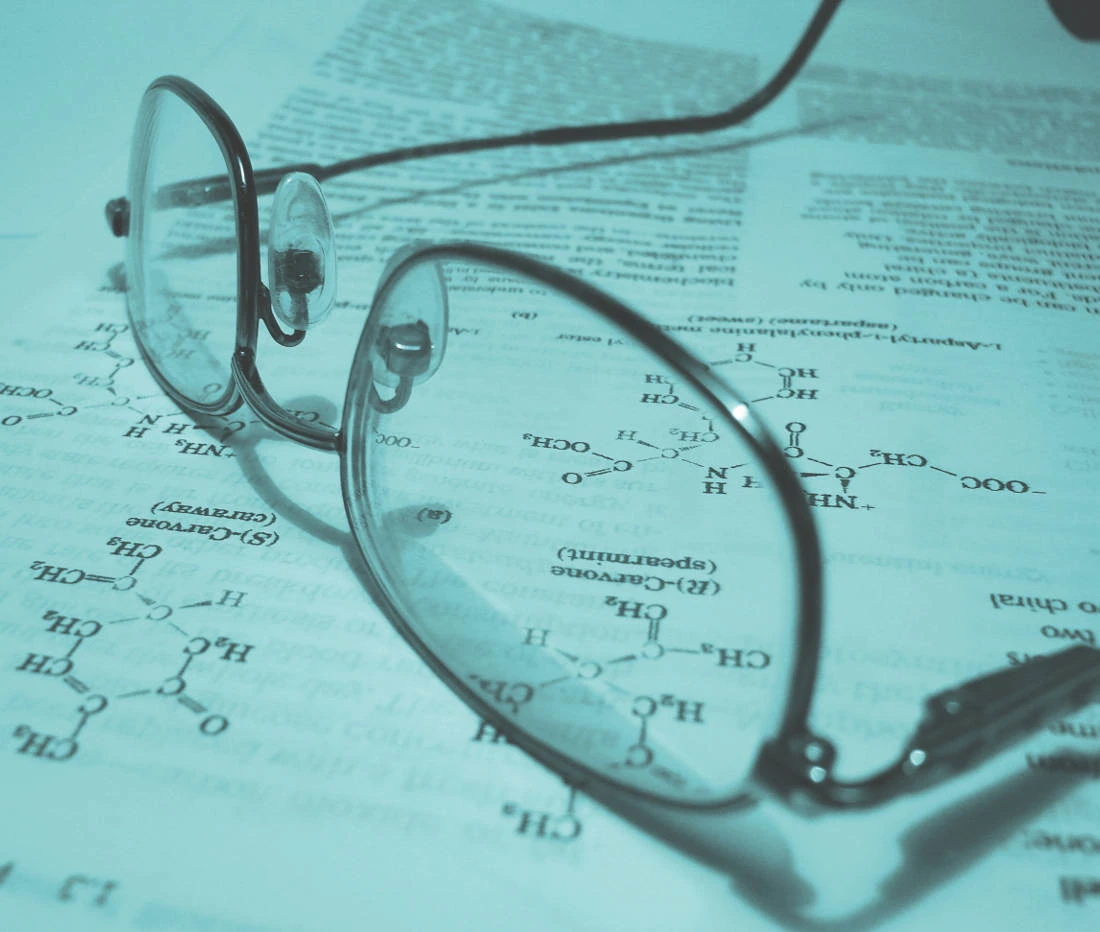 Scientific production
Scientific production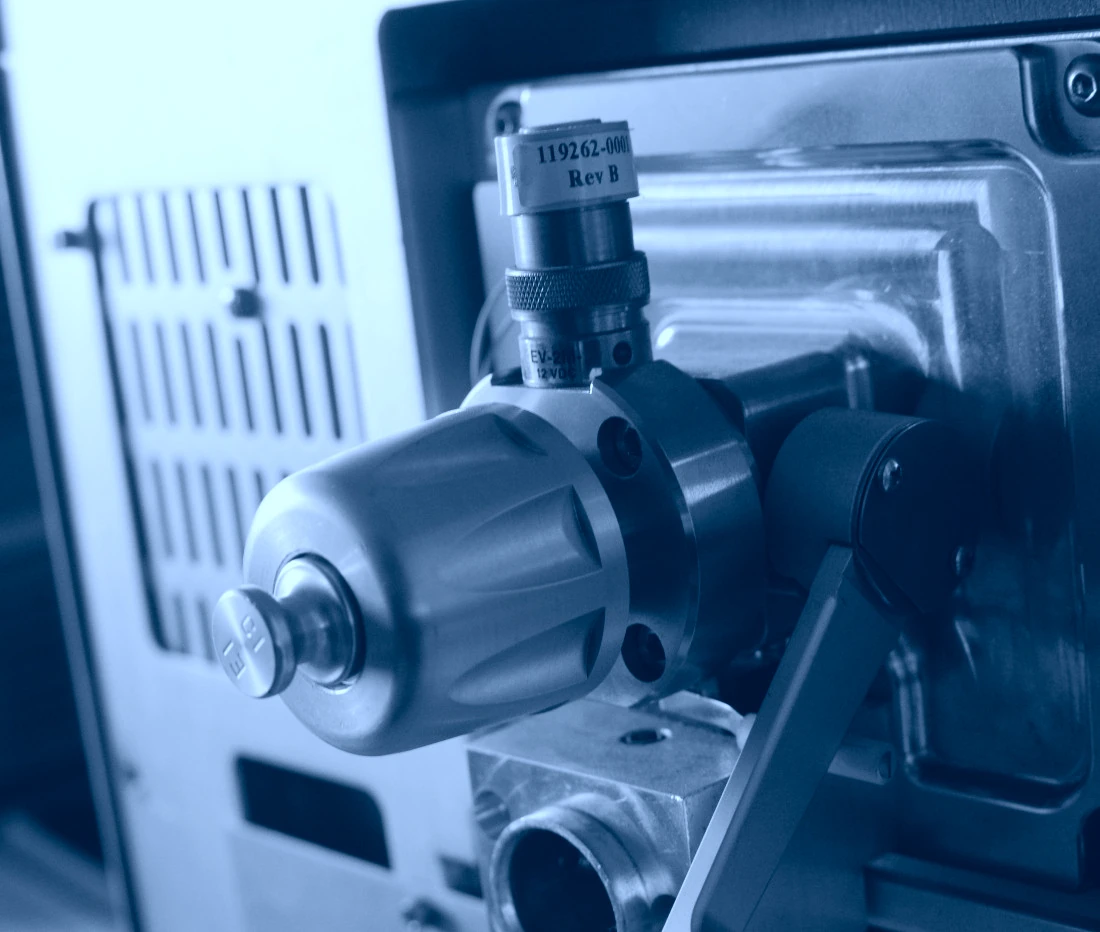 Technical resources and equipment
Technical resources and equipment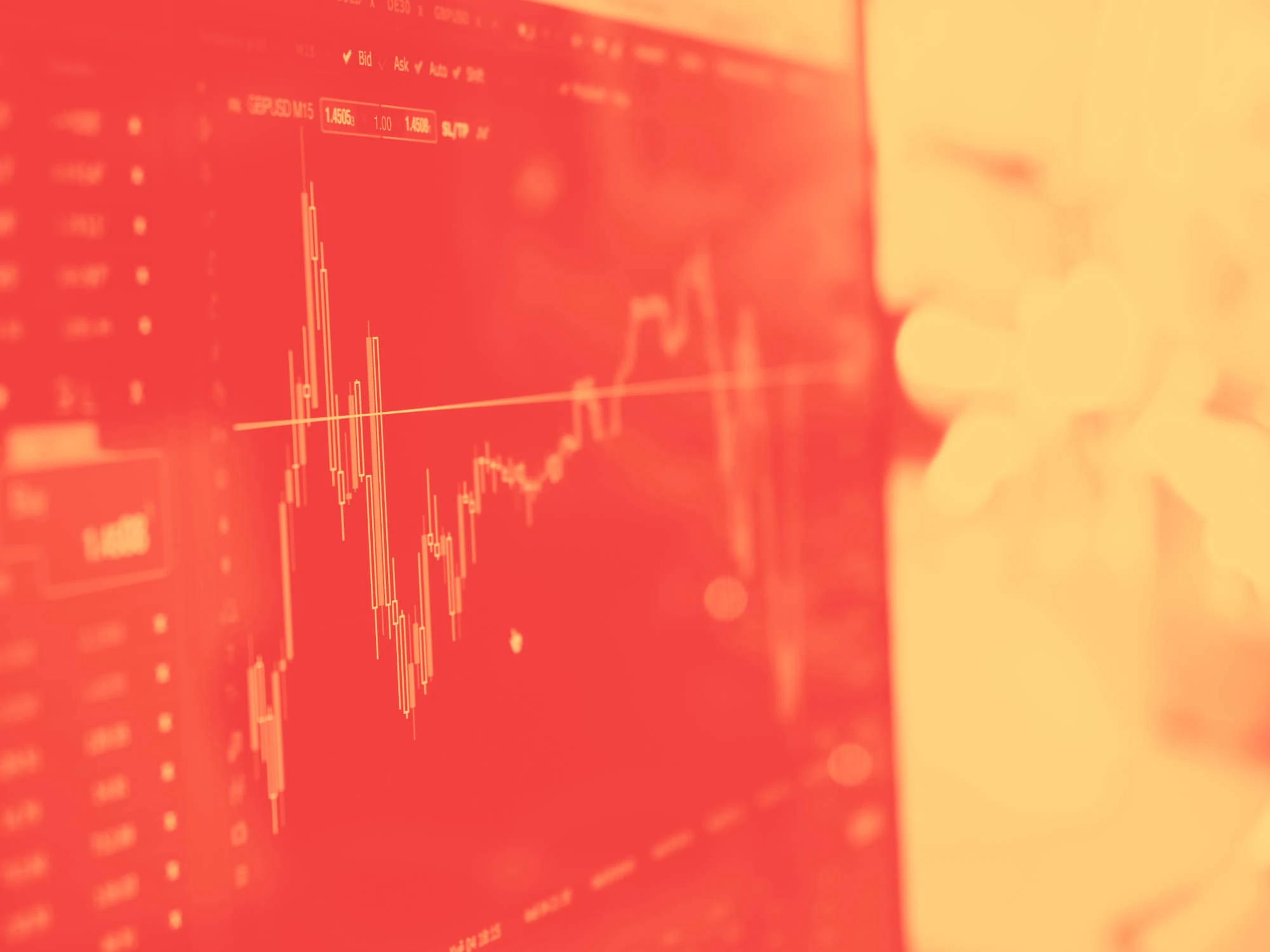 Expertise and disciplines
Expertise and disciplines
